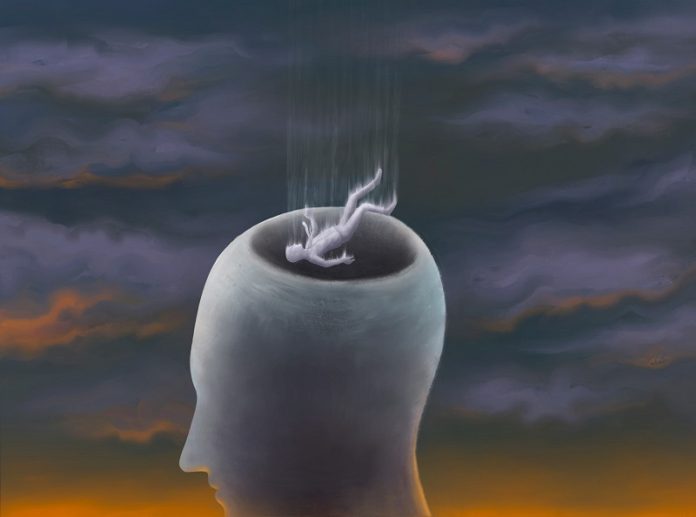
A new study published in the Canadian Medical Association Journal has found that people who seek emergency care due to hallucinogen use have a 2.6 times higher risk of death within five years compared to the general population.
What are hallucinogens?
Hallucinogens are drugs that can cause altered perceptions, mood changes, and hallucinations. Common hallucinogens include LSD, psilocybin (magic mushrooms), MDMA (ecstasy), ketamine, and ayahuasca.
The use of these substances has increased significantly in recent years, especially in Canada and the United States.
In the U.S., hallucinogen use more than doubled between 2016 (3.8%) and 2021 (8.9%).
In Canada, 5.9% of people used psychedelics like LSD or psilocybin in 2023, with usage among young adults (ages 20–24) reaching 13.9%.
One reason for this rise is the growing interest in psychedelic-assisted therapy for mental health and addiction treatment.
However, while clinical trials using hallucinogens under medical supervision have generally been safe, researchers know little about their risks when used outside controlled settings.
The link between hallucinogens and death risk
Dr. Daniel Myran, a researcher at ICES, The Ottawa Hospital, and the Bruyère Health Research Institute, led the study, which examined health care data from over 11.4 million people in Ontario aged 15 to 105.
Of this group, 7,954 people (0.07%) sought emergency care for hallucinogen-related issues. These individuals had a 10 times higher risk of death compared to someone of the same age and sex in the general population.
Even after adjusting for other factors like mental health conditions, substance use, and chronic diseases, hallucinogen users still had a 2.6 times higher risk of death.
Who is most at risk?
The study found that people who sought emergency care for hallucinogen use were more likely to:
- Live in low-income neighborhoods
- Have been homeless in the past
- Suffer from chronic health conditions
- Have received medical care for mental health issues or substance use disorders in the past three years
These individuals were at higher risk of death than those who sought emergency care for alcohol use, but at lower risk than those needing emergency care for opioid or stimulant use.
Dr. Marco Solmi, a psychiatrist at The Ottawa Hospital, emphasized the need for further research.
“While hallucinogens may have potential benefits in medical settings, we must also consider their risks—especially as more people use them outside of clinical trials,” he said.
As the use of hallucinogens continues to rise, researchers stress the importance of understanding both the benefits and dangers, particularly for those with underlying health or mental health conditions.
Source: KSR.



